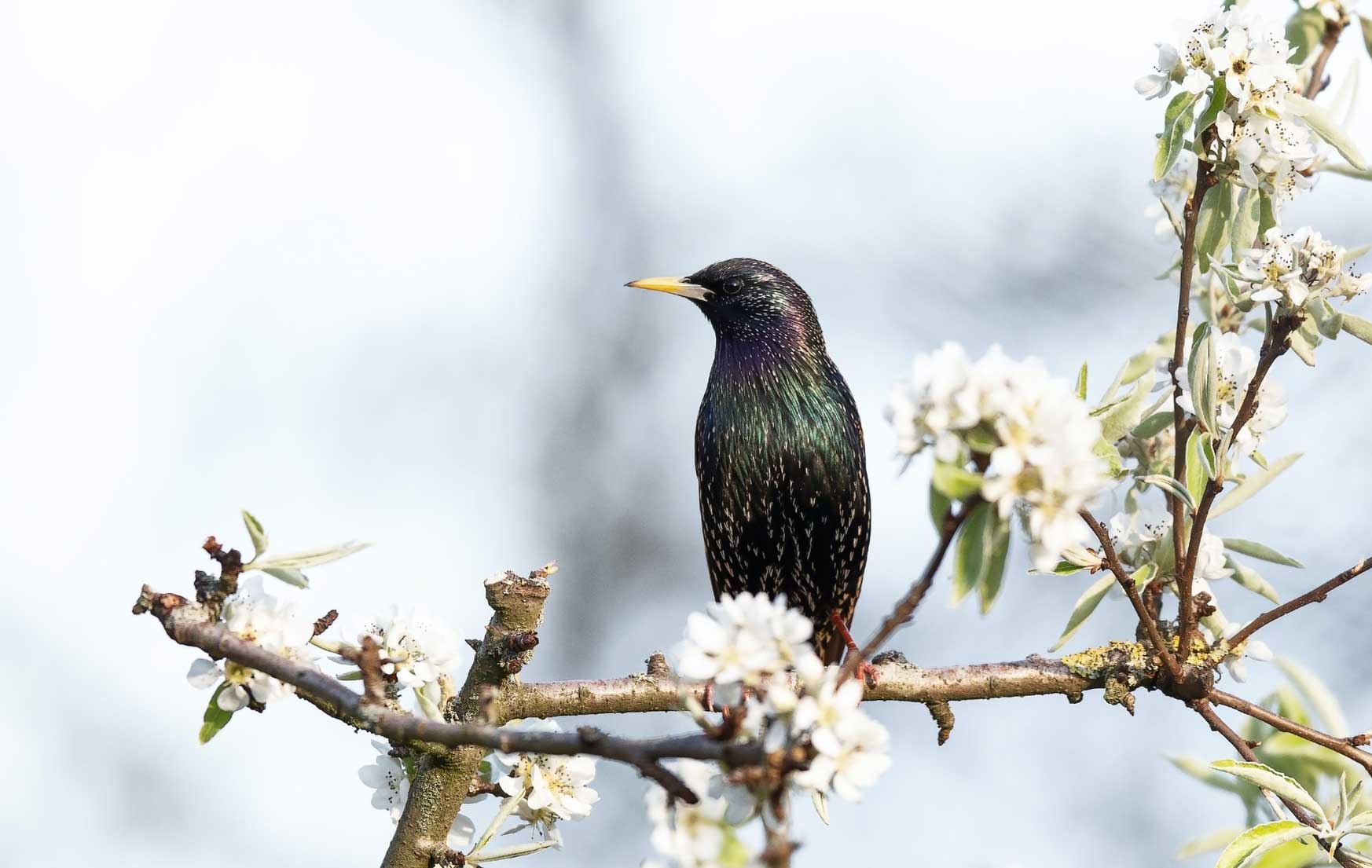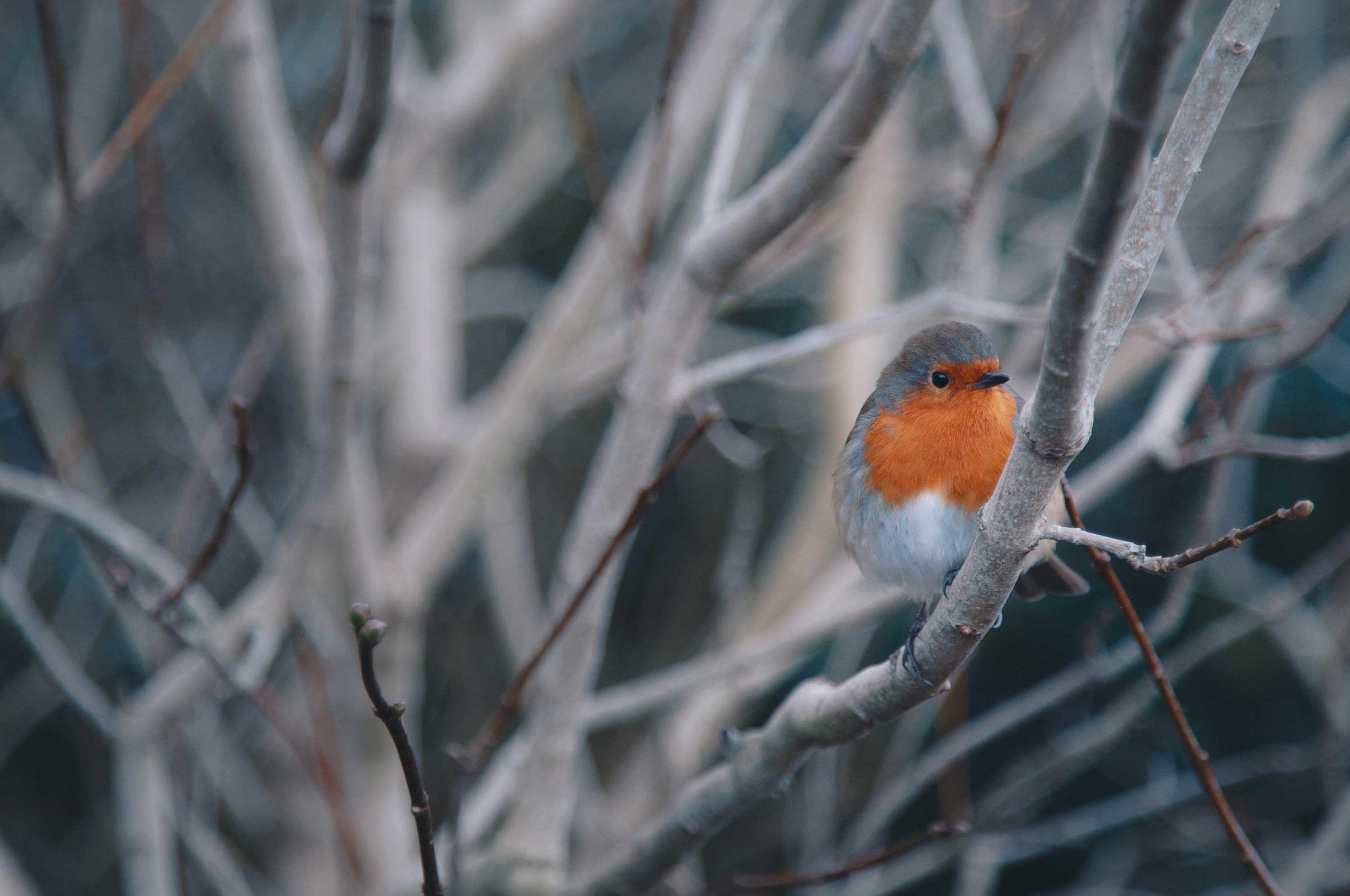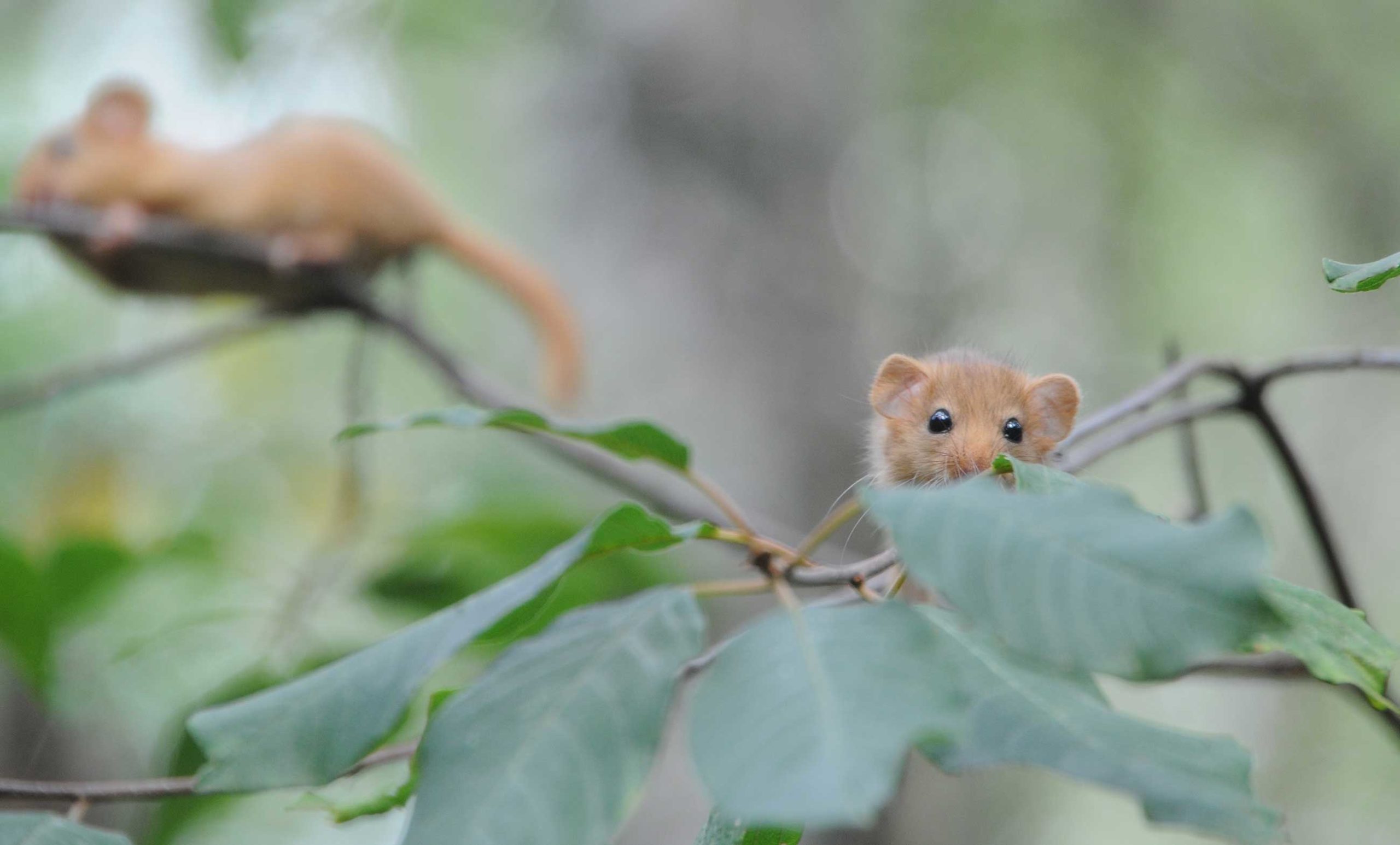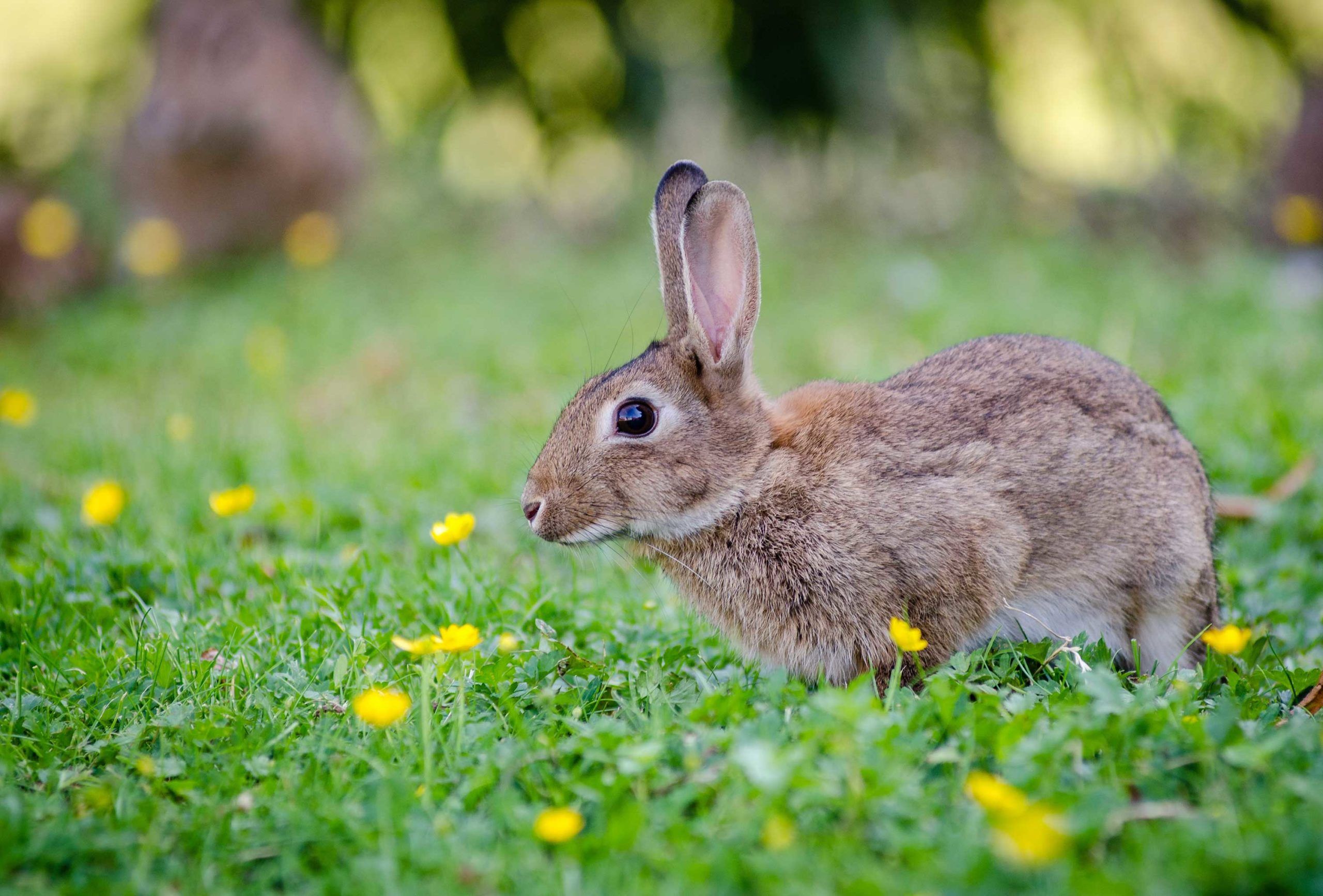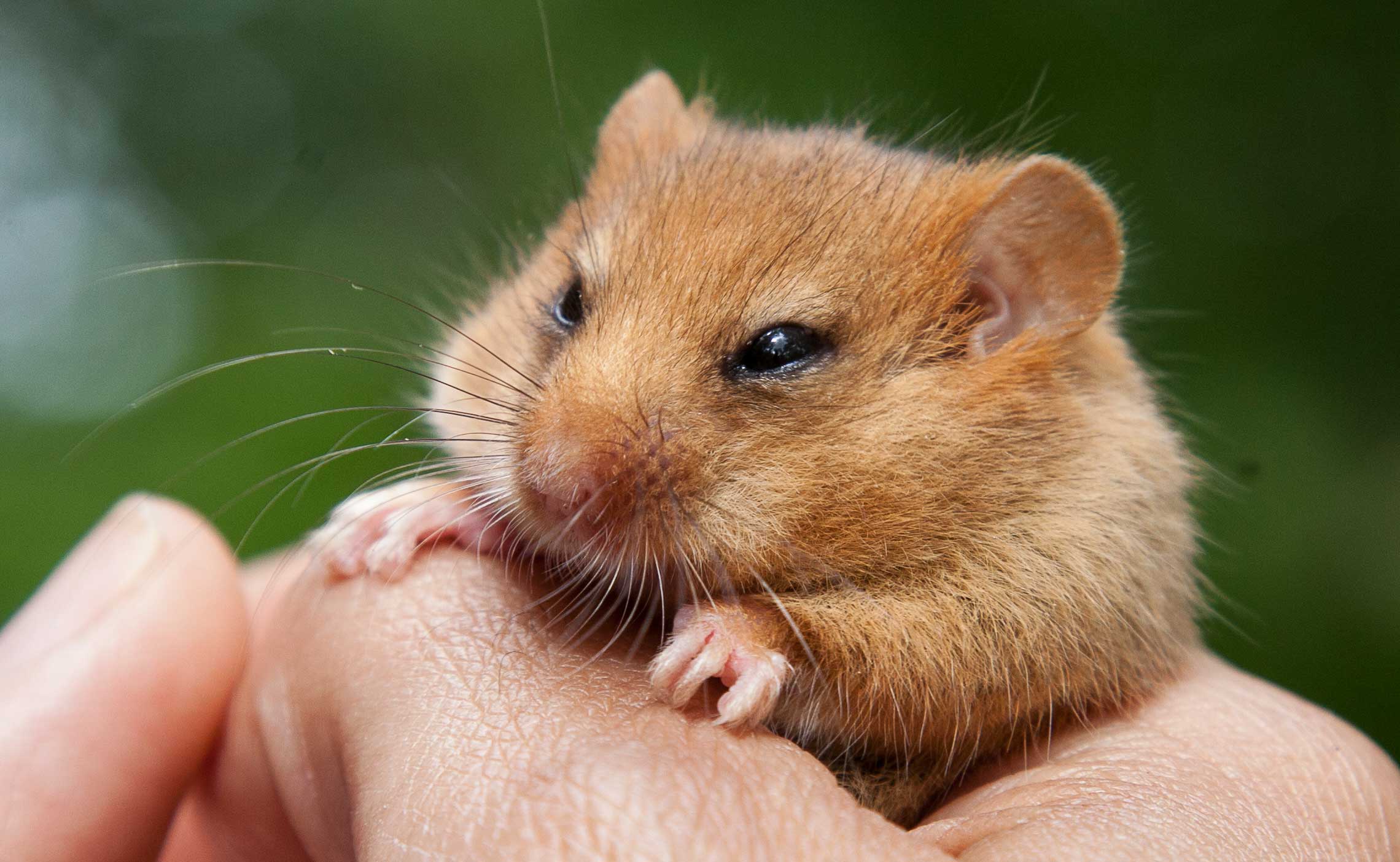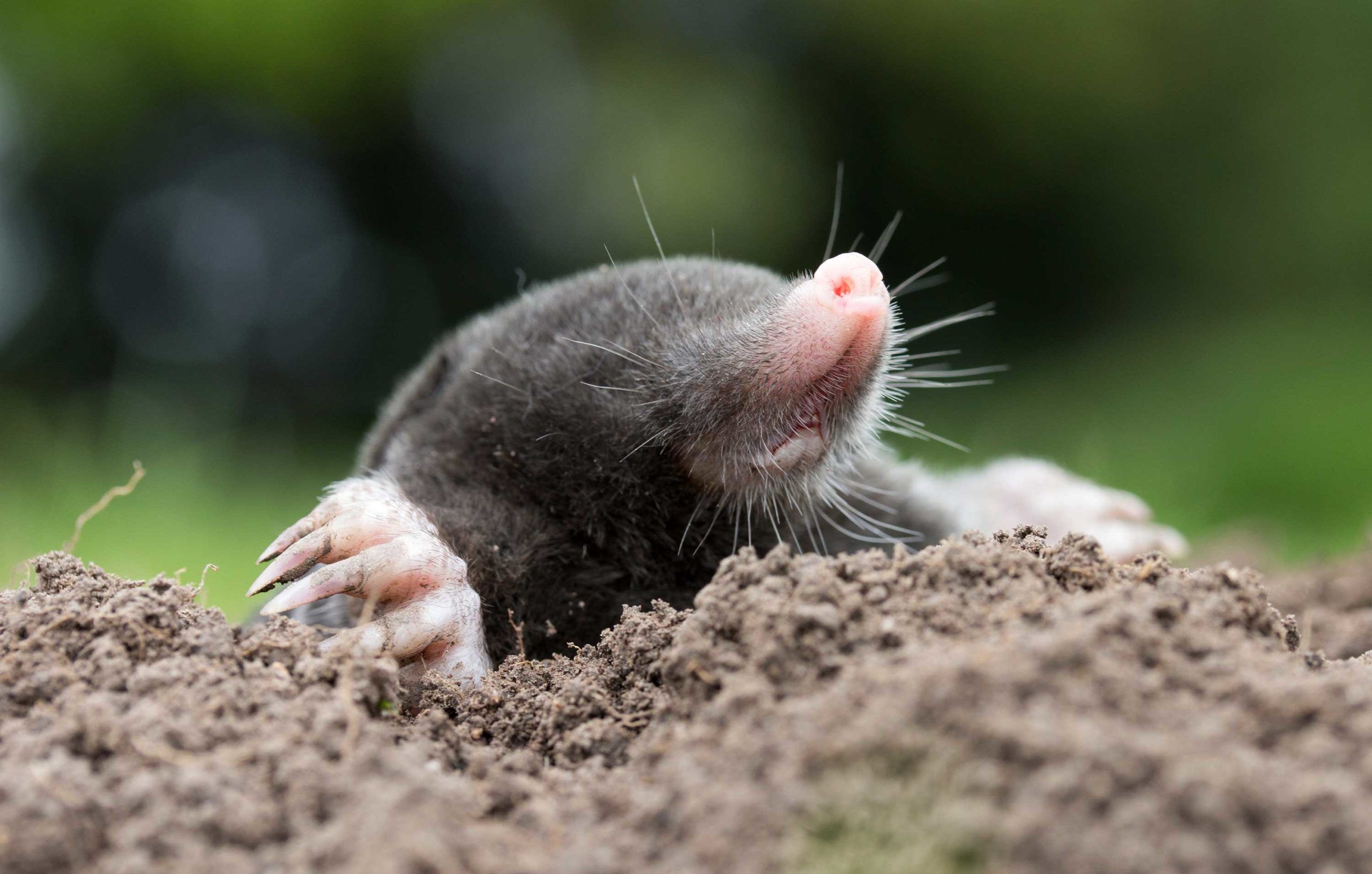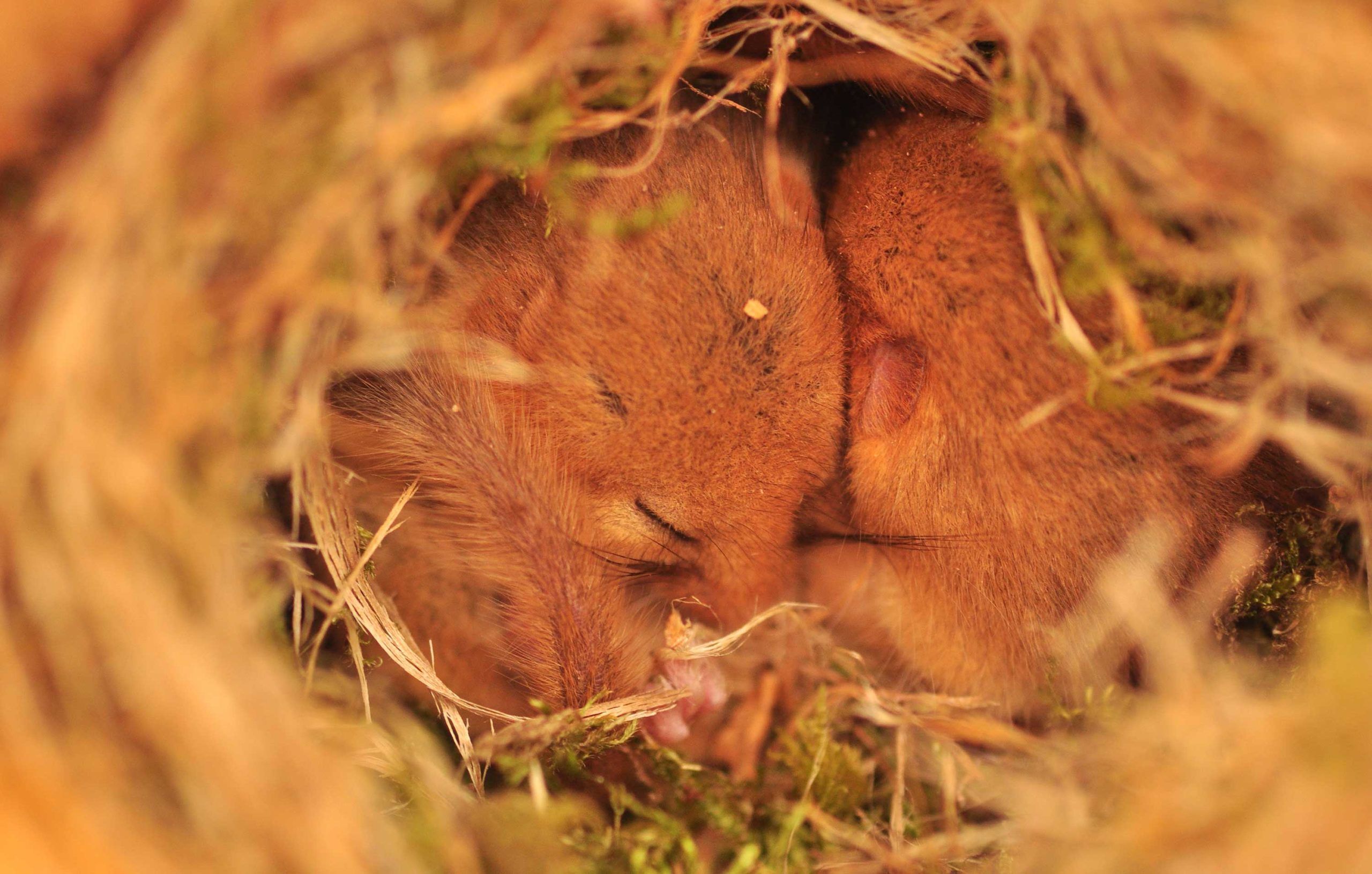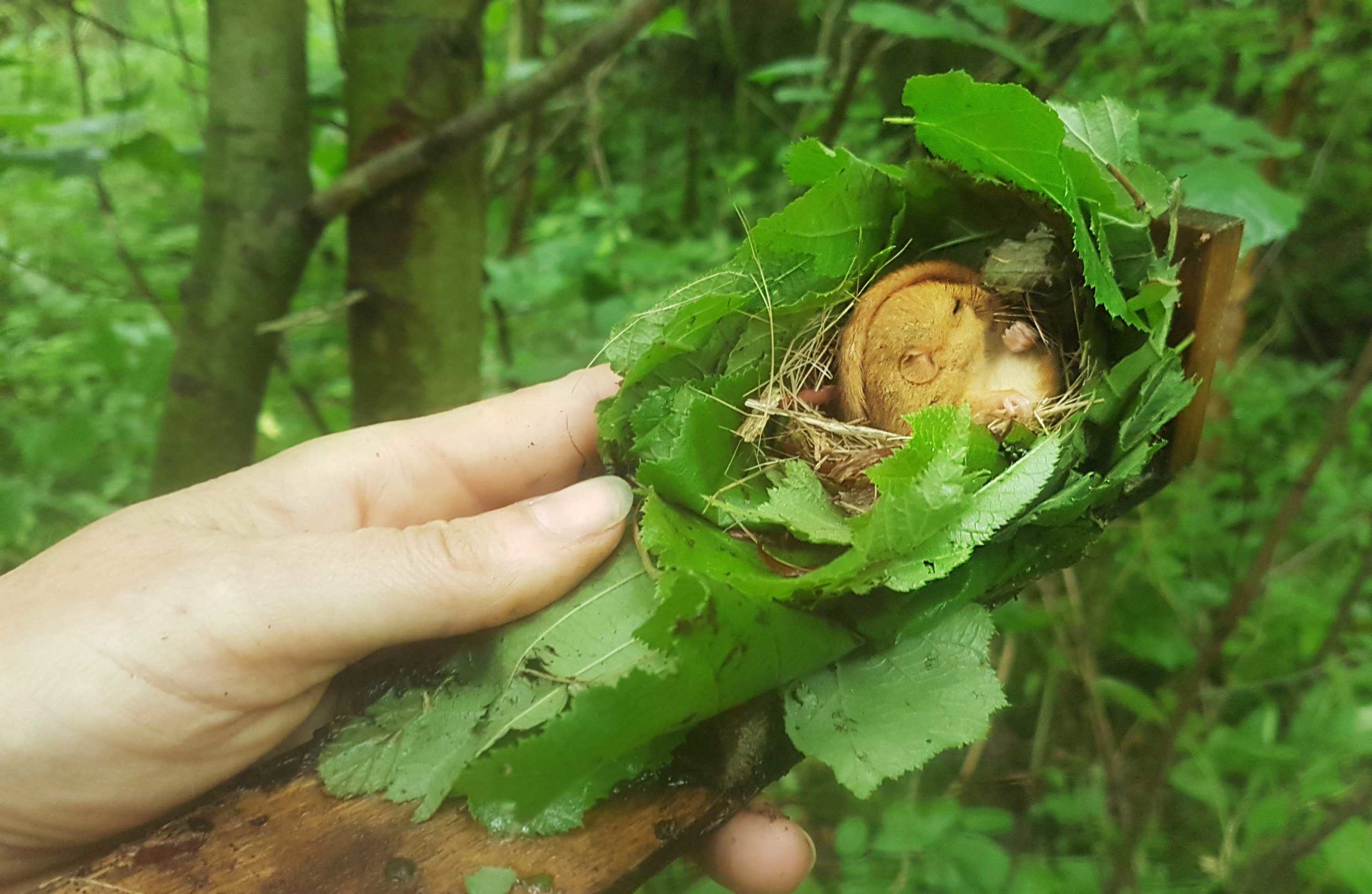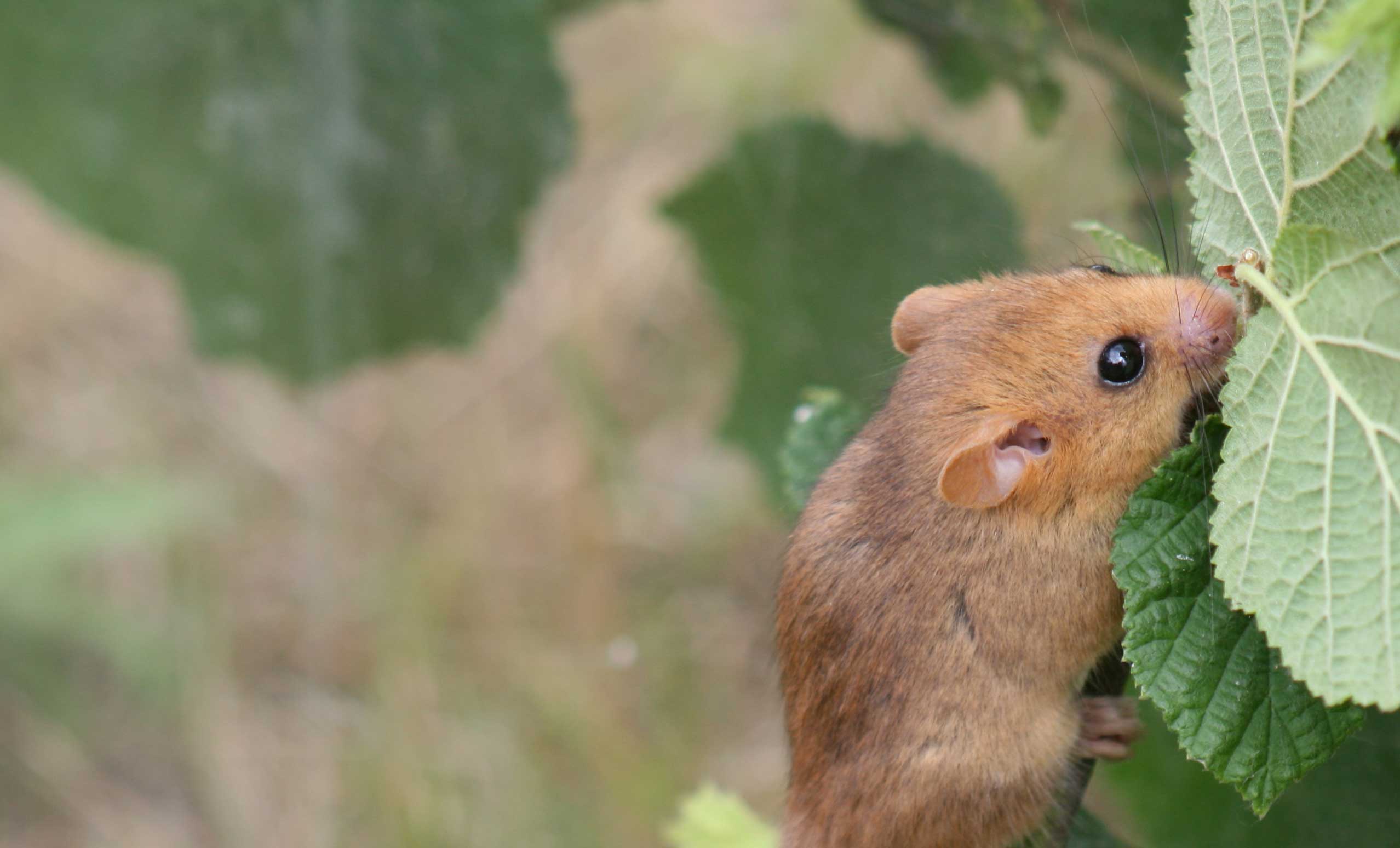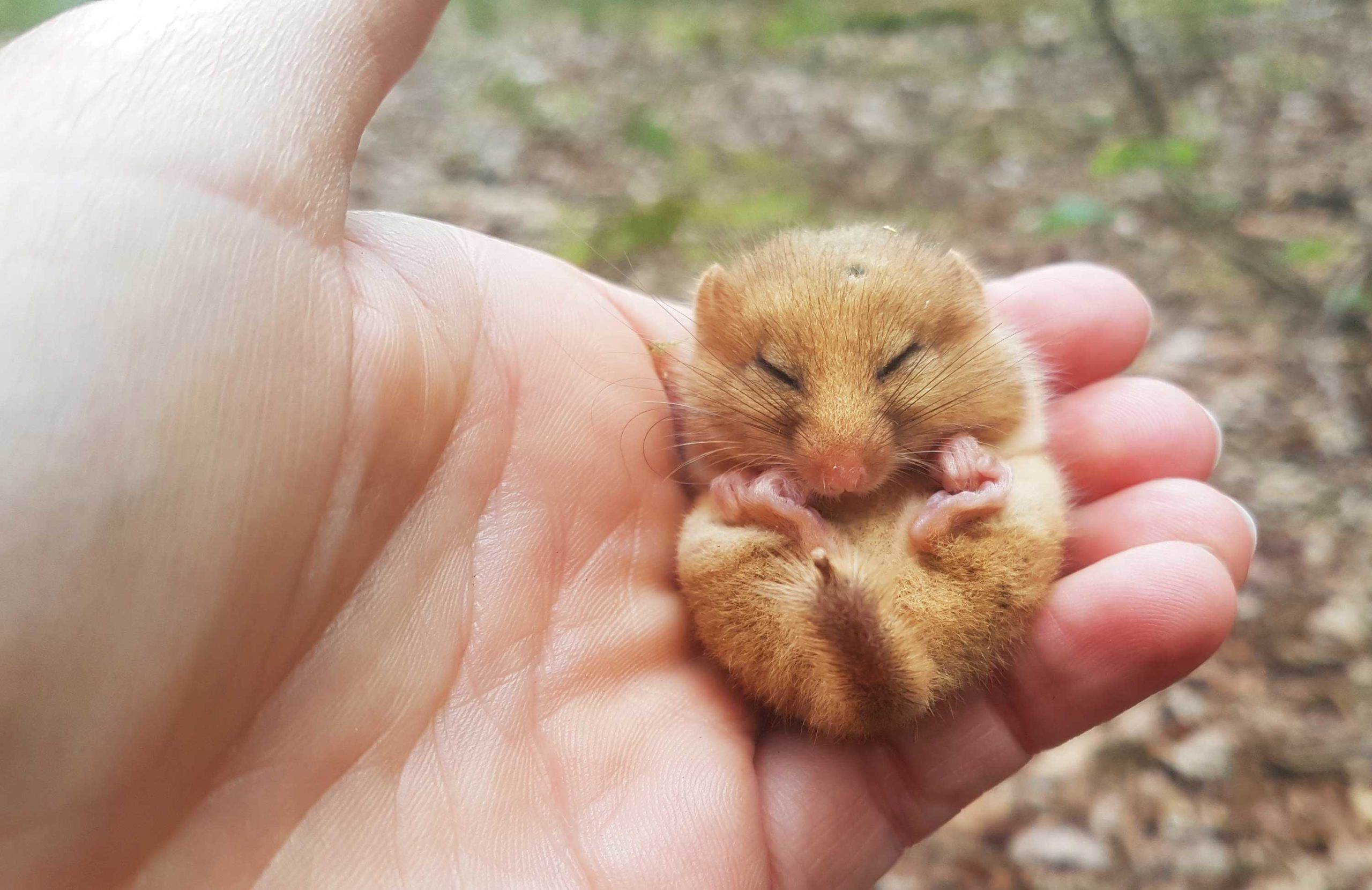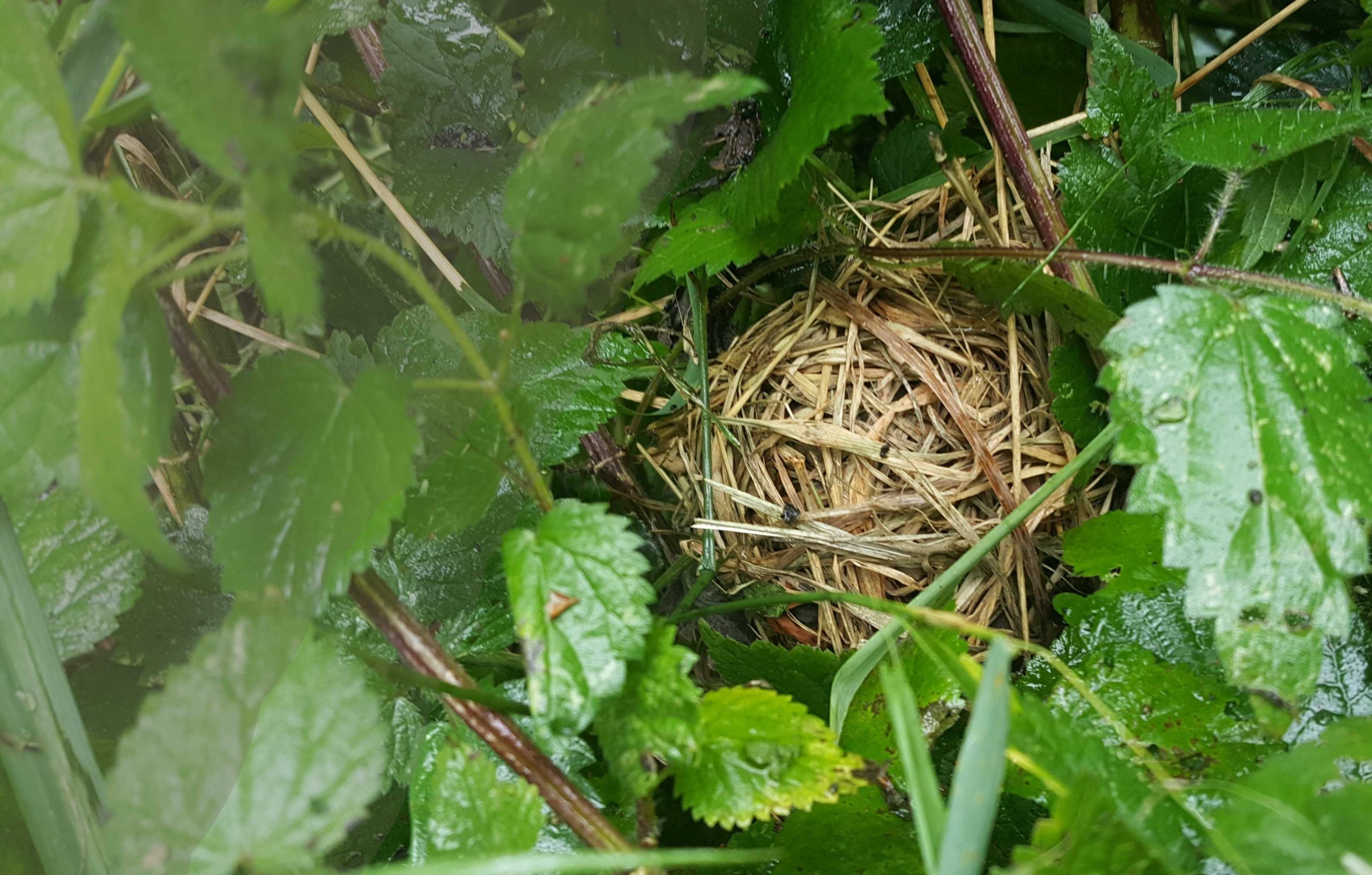Birdsong can play a crucial role in tackling post lockdown re-entry anxiety this spring. Though experts warn over 90% of some songbird species have disappeared from the UK, partly due to urbanisation destroying habitats. Birdsong is set to play a crucial role this spring in tackling ‘re-entry anxiety’, which is predicted to become more common …
Read article...Robin Redbreast – the UK’s ‘national bird’ – is under threat, and wildlife experts are encouraging the public to support robins and other native birds in their gardens this winter. There’s warning of a ‘perfect storm’ for winter birds this December, with reports of a La Nina event set to cause harsh cold spells alongside …
Read article...Sustainable, local and ethically sourced gifts, perfect for anyone wild about wildlife. Wildlife charity People’s Trust for Endangered Species (PTES) has released its Christmas catalogue 2020: ‘Gifts for Wildlife Lovers’, which is crammed full of beautiful wildlife-inspired gifts that are low-waste, made from sustainable products, and are locally and ethically sourced where possible. As always, …
Read article...Gemma Watkinson, a member of the Lincolnshire Dormouse Group, reports on how their hazel dormice have not been observing lockdown. Dormice find their way into a new woodland This year, even though we were only able to carry out our nest box surveys during August, September and October, the results have been really exciting! We’re …
Read article...Rabbits: abundant, small to medium-sized herbivores – or as one account puts it, a little ungenerously, ‘food-chain fodder’. But there’s more to rabbits than food for foxes and stoats and buzzards. These unassuming grazers are landscape engineers, a talent that wasn’t appreciated until we almost lost them. Arriving in Britain Rabbits (Oryctolagus cuniculus), like their …
Read article...We spoke to Great.com on the podcast series Great.com Talks With…The series explains causes like ours to listeners, in a way that’s easy to understand. The interview took place with our very own Ian White, PTES Dormouse Officer. He explains why dormice are particularly valuable in all kinds of conservation work. Dormice are an indicator …
Read article...Moles are known for one thing: molehills. But dig a little deeper and the extraordinary life of moles becomes apparent. Born to dig The European mole (Talpa europaea) is an insectivore, akin to hedgehogs and shrews, and lives an almost entirely subterranean existence. They are superbly adapted to a digging lifestyle, with broad, shovel-like forelimbs …
Read article...Short story from the understory My name is Stephen Carroll and I’m a dormouse-aholic. 16 years ago I encountered dormice at a woodland near Exeter, and I’ve been monitoring the nestbox scheme there ever since. The timing coincided with my mature awakening as a wildlife enthusiast. Also, I live in Devon, a dormousey hotspot, so …
Read article...Hi, my name is Holly and I have been volunteering with the Nottinghamshire Dormouse Group as part of the People’s Trust for Endangered Species (PTES) National Dormouse Monitoring Programme (NDMP) since February 2019. I am currently studying at University and want to go into conservation when I graduate. For that reason, I began volunteering with …
Read article...My job in a nutshell I have often wondered, if I was ever stopped by the police and asked my occupation, and I replied, ‘I’m a dormouse officer’, whether they would see the funny side. I hope they would, because this job is fun, exciting, interesting, challenging, stressful, and very rewarding. But what do I …
Read article...Hi, I’m Suzanne! I moved to Kent from Leeds 22 years ago and was keen to get involved with the local wildlife groups as a way of connecting with the county. I contacted Kent Mammal Group to ask if there was any way I could help out and they said I might want to train …
Read article...Hi, I’m Michael Walker and I’ve been helping to monitor the dormice at the three reintroduction sites in Nottinghamshire since 2015 when I was on the feeding rota for the new release that year. That was also the first time that I came face to face with a dormouse. Reintroductions generate a lot of interest …
Read article...Press and media
For all media enquiries please contact Jane Bevan or Adela Cragg at Firebird Public Relations on 01235 835297 or email ac@firebirdpr.co.uk.

